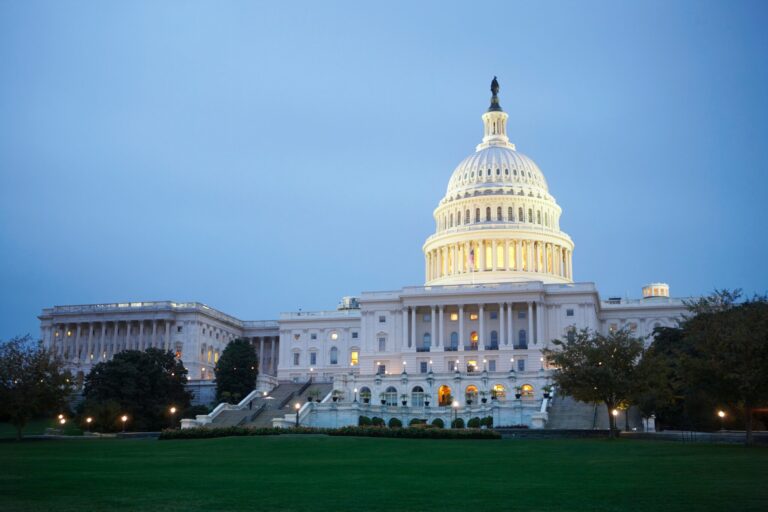In a major political blow, the U.S. Senate was unable to advance a far-reaching legislative package that aimed to address both sweeping immigration reform and a nearly $100 billion foreign aid allocation for Ukraine and Israel. The bill, which sought to address the nation’s domestic and international crises simultaneously, faltered amid deep partisan divisions and pressure from various political factions.
Controversial Immigration Provisions
At the core of the legislative collapse were contentious immigration reforms that drew sharp opposition from human rights groups and progressive lawmakers. The proposed bill called for stricter border security measures, faster deportation procedures for undocumented immigrants, and limitations on asylum applications. While supporters argued that these provisions would reduce illegal immigration and protect national security, critics saw them as punitive and damaging to vulnerable populations.
Civil liberties organizations and immigration advocacy groups criticized the proposals, claiming that the measures would violate the due process rights of asylum seekers and lead to unsafe deportations and potential family separations. These humanitarian concerns resonated across party lines, weakening the ability of lawmakers to find a compromise. As the debate intensified, the bill became increasingly controversial, with many lawmakers reluctant to support provisions they viewed as detrimental to human rights.
Foreign Aid Debate Divides Lawmakers
Equally divisive was the foreign aid component of the bill, which allocated substantial funds to support Ukraine’s defense efforts against Russian aggression and bolster Israel’s security initiatives. The Biden administration, along with most Democrats, backed the aid as vital for upholding democracy and ensuring global stability. They argued that the funding was necessary to counter the rising threat of authoritarianism and assert U.S. leadership on the world stage.
However, Republicans expressed significant reservations about the scale and necessity of the aid, particularly amid ongoing economic challenges at home. Fiscal conservatives questioned the logic of directing vast amounts of money overseas when pressing domestic issues, such as inflation and border control, remained unresolved. Within the Republican Party, divisions between traditional internationalist views and an emerging isolationist faction, supported by figures like former President Donald Trump, became increasingly apparent. This ideological rift deepened the divide, leading to a lack of consensus on the foreign aid provisions.
Political Fallout and the Path Forward
The bill’s failure has left both immigration reform and foreign aid in a state of uncertainty. Senate Majority Leader Chuck Schumer expressed disappointment, describing the outcome as a missed opportunity to address pressing national and international needs. He and other Democratic leaders quickly blamed their Republican counterparts for blocking the legislation, accusing them of prioritizing partisan interests over the nation’s security and humanitarian commitments.
Senator Dick Durbin criticized the GOP for adhering to divisive political strategies, claiming that their refusal to cooperate had jeopardized critical issues, including U.S. security and international responsibility. Republican leaders, on the other hand, argued that the immigration provisions in the bill lacked clarity and that foreign aid should not be tied to unrelated domestic reforms, pointing to a need for stronger, more focused solutions.
Looking Ahead: Stalemate Continues
With the 2024 presidential election looming, the prospects for any future bipartisan agreement on immigration and foreign aid remain dim. The failure of this legislative package has exposed the deep ideological divides within Congress, leaving little room for compromise. As both issues continue to be key points of contention, immigration reform and foreign aid may remain polarizing topics rather than areas for meaningful policy development.
The legislative stalemate serves as a reflection of the broader dysfunction in Washington, where political gridlock and ideological divisions have increasingly hindered the passage of important laws. For now, immigrants seeking asylum and foreign nations relying on U.S. support are left in a state of uncertainty, as both issues are stalled in Congress without any clear resolution in sight.


